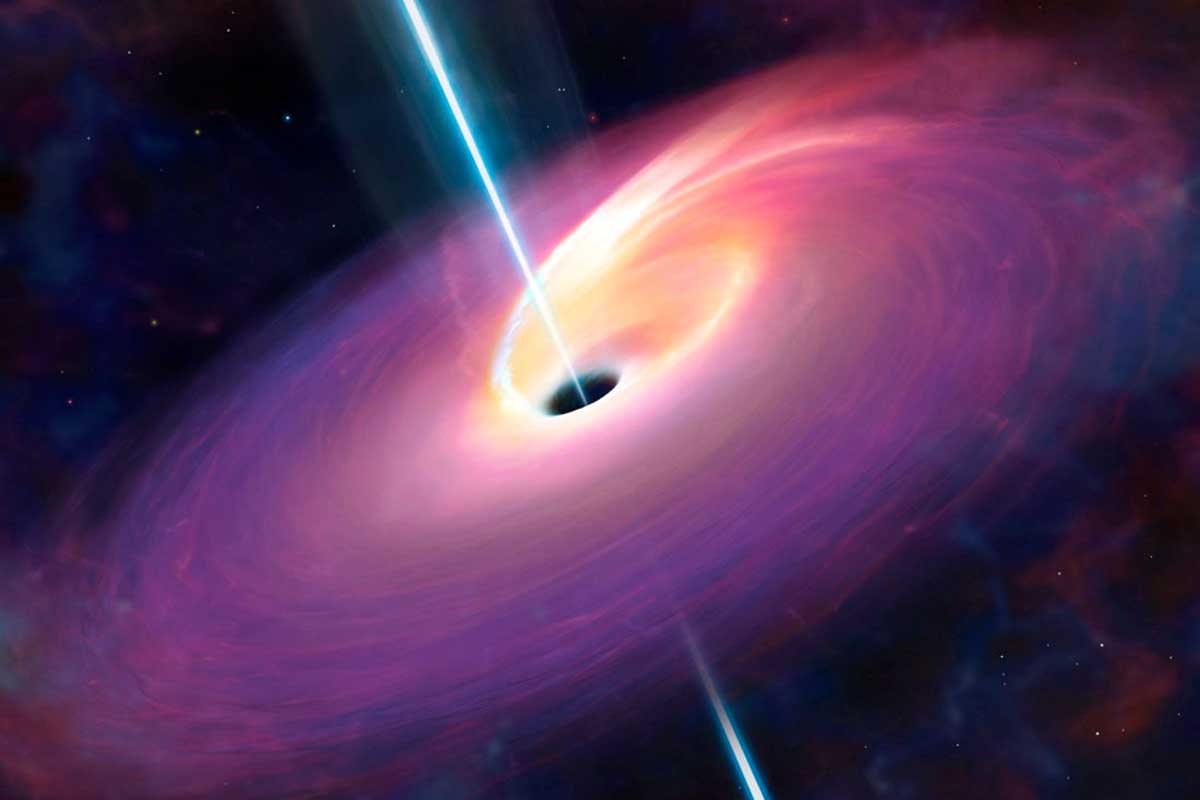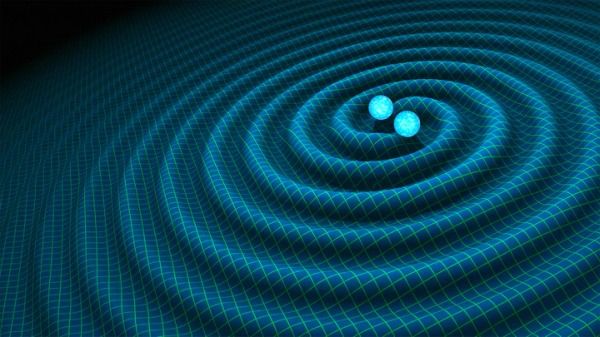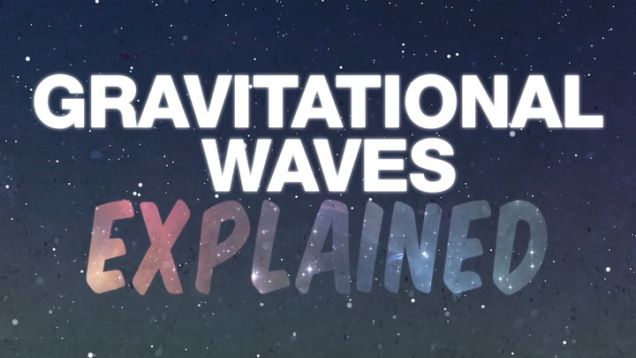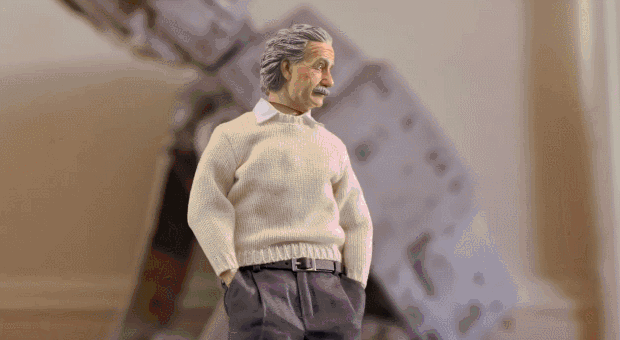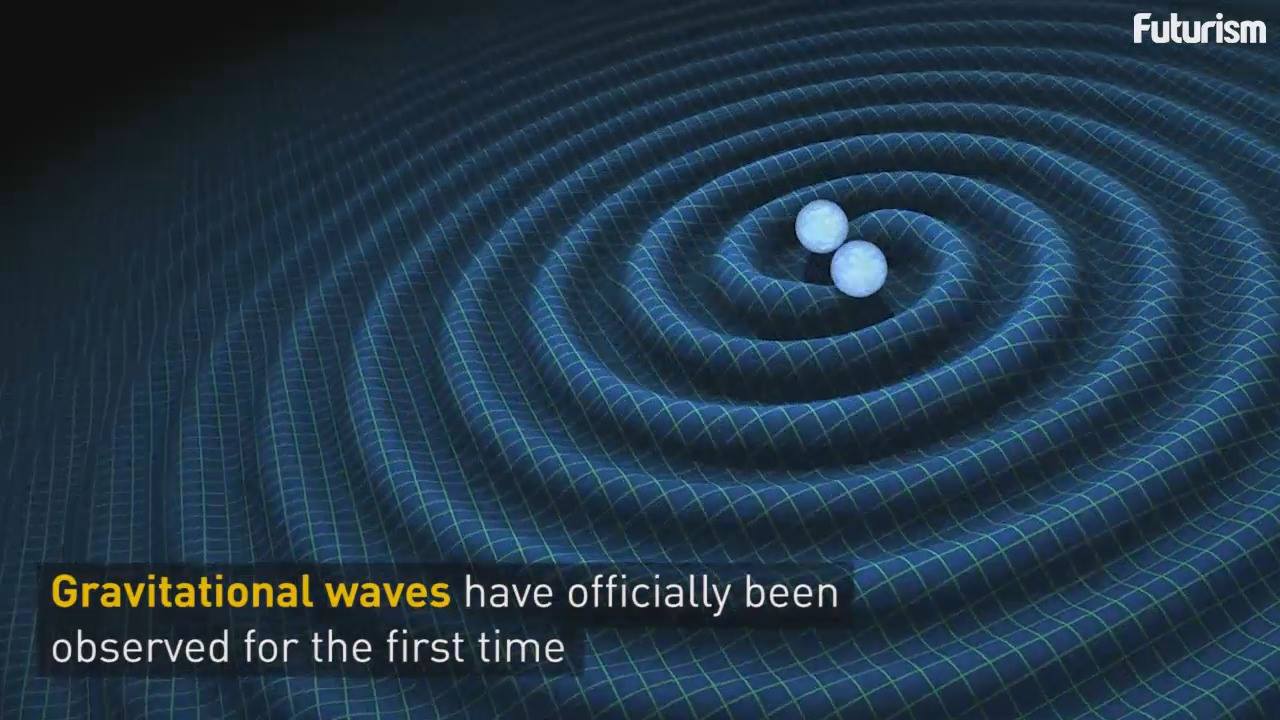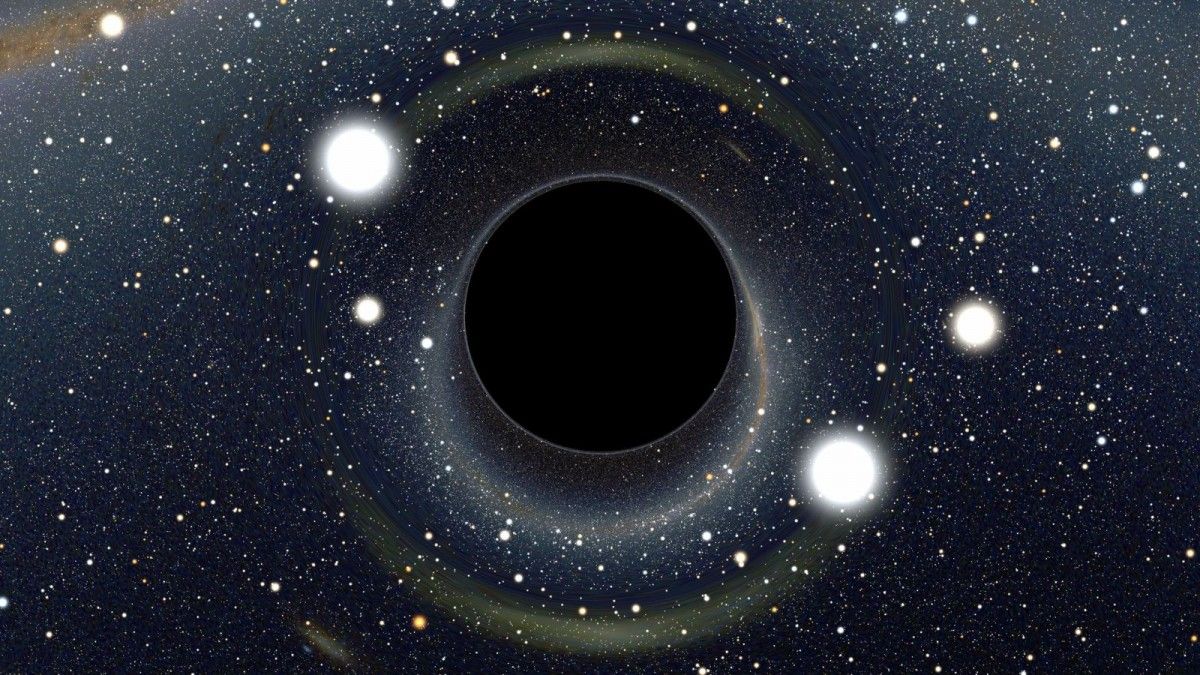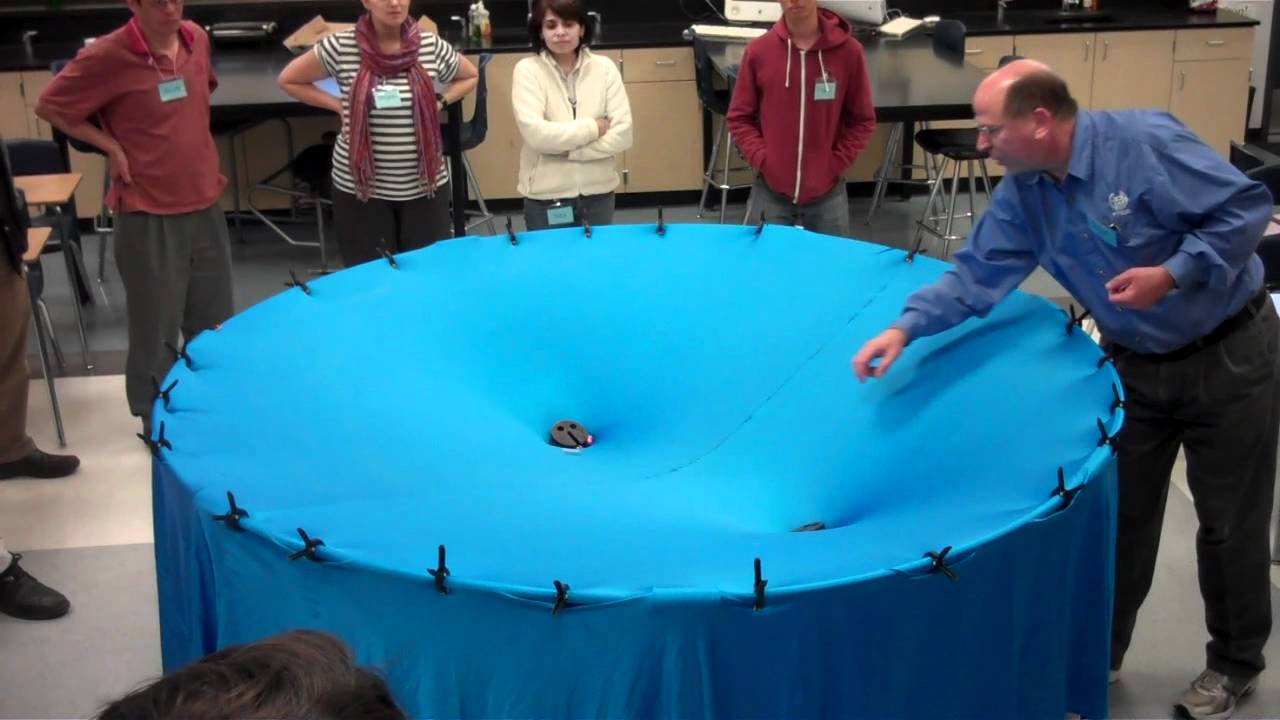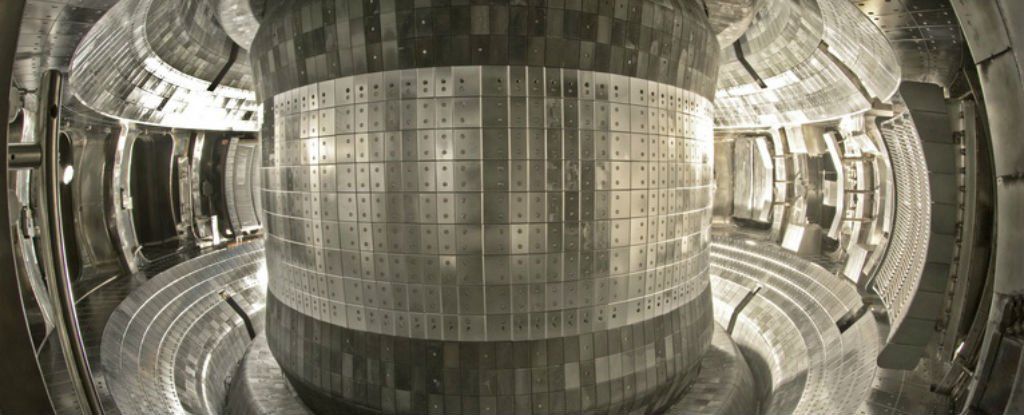Feb 17, 2016
LIGO’s black holes may have lived and died inside a huge star
Posted by Andreas Matt in categories: cosmology, physics
But now it seems that collision may have been followed by a bright burst of gamma rays. NASA’s Fermi gamma-ray space telescope detected such an eruption just 0.4 seconds after LIGO’s gravitational waves arrived at Earth. It’s not clear whether the same event triggered both signals, but the Fermi team calculated that the probability of a coincidence was just 0.0022.
The problem is that no one expected such a bright gamma-ray burst to accompany a black-hole merger. Coalescing black holes orbit each other in a cosmic do-si-do, clearing out a region of empty space. According to models of gamma-ray bursts, isolated black holes can’t ignite them.
Strange signal
Continue reading “LIGO’s black holes may have lived and died inside a huge star” »
